 käsitelläänpyyntöä....Καλώς ήρθες στο μυαλό μου.
Δεν υπάρχουν εμπόδια ή δυσκολίες εδώ.den uparhei exodos
käsitelläänpyyntöä....Καλώς ήρθες στο μυαλό μου.
Δεν υπάρχουν εμπόδια ή δυσκολίες εδώ.den uparhei exodos
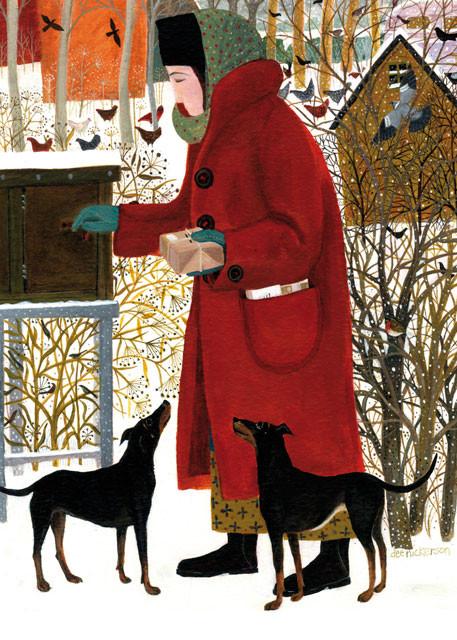

Don’t forget, a person’s greatest emotional need is to feel appreciated. #US has only 4 tools in its 'diplomacy' kit: threats, blackmail, sanctions and regime change Now 🇺🇲 warmongers wants to punish #SouthAfrica for their ties with #Russia https://archive.is/c8EXQ
 käsitelläänpyyntöä....Καλώς ήρθες στο μυαλό μου.
Δεν υπάρχουν εμπόδια ή δυσκολίες εδώ.den uparhei exodos
käsitelläänpyyntöä....Καλώς ήρθες στο μυαλό μου.
Δεν υπάρχουν εμπόδια ή δυσκολίες εδώ.den uparhei exodos


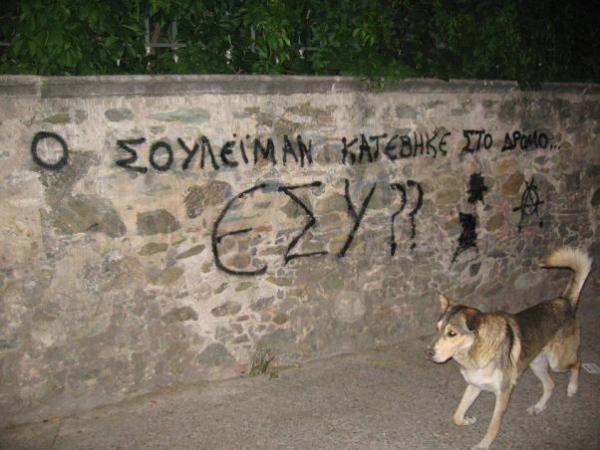
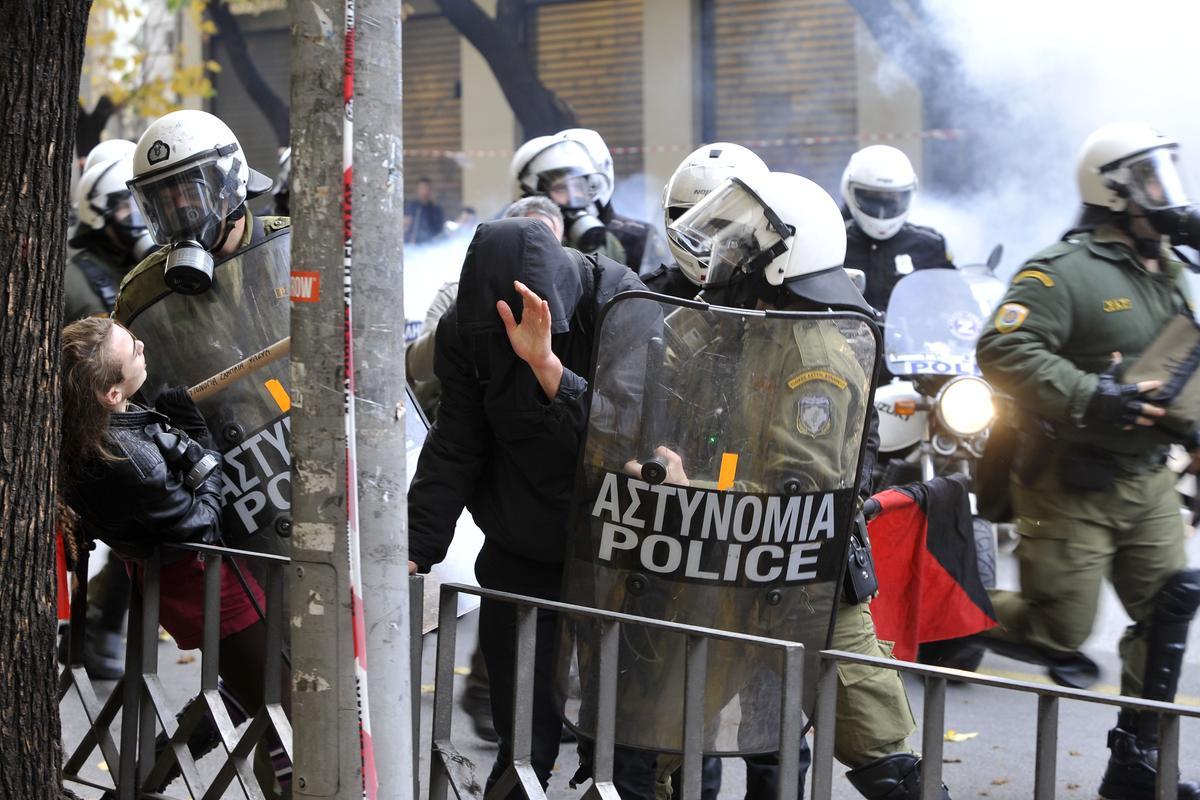 "https://d3j5vwomefv46c.cloudfront.net/photos/large/847707163.jpg
"https://d3j5vwomefv46c.cloudfront.net/photos/large/847707163.jpg
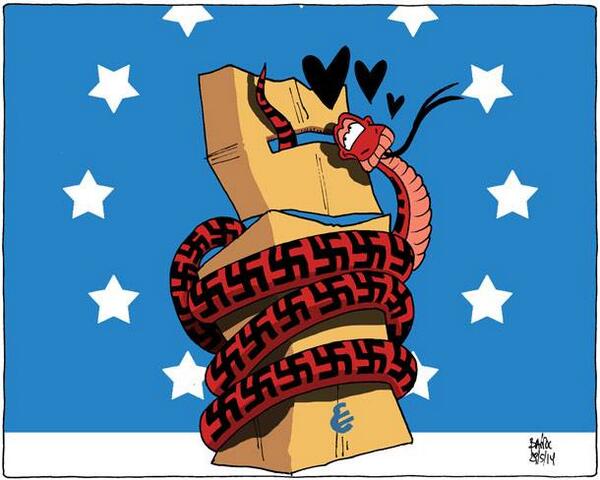 omaan. Siinä on demokratia yhtä kaukana Suomesta, kuin lehmä Otavasta,nyt sitten oikealla oikealla
omaan. Siinä on demokratia yhtä kaukana Suomesta, kuin lehmä Otavasta,nyt sitten oikealla oikealla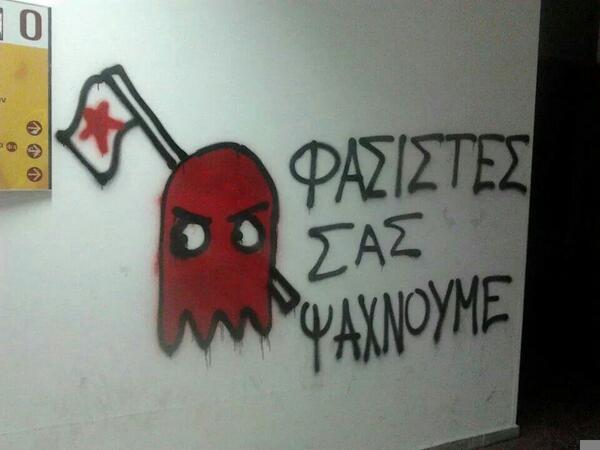 Suomalainen #duunari on aina ollut ylpeä ammattitaidostaan. Oikeiston eliitillä ja johdolla sitä ei ole. Siispä #vasemmalle !the endof christmas daynomic system, our number's up
It's the great taboo of our age – and the inability to discuss the pursuit of perpetual growth will prove humanity's undoing
Suomalainen #duunari on aina ollut ylpeä ammattitaidostaan. Oikeiston eliitillä ja johdolla sitä ei ole. Siispä #vasemmalle !the endof christmas daynomic system, our number's up
It's the great taboo of our age – and the inability to discuss the pursuit of perpetual growth will prove humanity's undoing
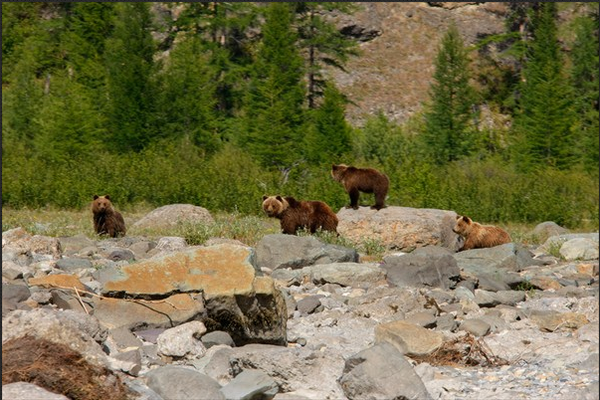

 tumblr.com/51f6c75feb9d95e43486af1a9021e7d5/tumblr_mpgplbi6591spq83no1_500.gif" />Manolis Grigorakis @mgrigorakis 2 t
Ακριβώς 51 χρόνια από το θάνατο του Γρηγόρη Λαμπράκη κι είμαστε ξανά στα ίδια. Η ζωή τρίκυκλα κάνει.Τρεις ναζιστές μπαίνουν στην ευρωβουλή."
ΣανƧأʍ٥ɴ @SimonLeone 36 s
Και το νέο σύνθημα της επόμενης μέρας .........
ΛΑΟΣ ή ΧΑΟΣ ?
Ερε τι ζούμε με τα αρχιδια αυτά !!! έναρξη από ανέκδοτο ακούγεται.
tumblr.com/51f6c75feb9d95e43486af1a9021e7d5/tumblr_mpgplbi6591spq83no1_500.gif" />Manolis Grigorakis @mgrigorakis 2 t
Ακριβώς 51 χρόνια από το θάνατο του Γρηγόρη Λαμπράκη κι είμαστε ξανά στα ίδια. Η ζωή τρίκυκλα κάνει.Τρεις ναζιστές μπαίνουν στην ευρωβουλή."
ΣανƧأʍ٥ɴ @SimonLeone 36 s
Και το νέο σύνθημα της επόμενης μέρας .........
ΛΑΟΣ ή ΧΑΟΣ ?
Ερε τι ζούμε με τα αρχιδια αυτά !!! έναρξη από ανέκδοτο ακούγεται.
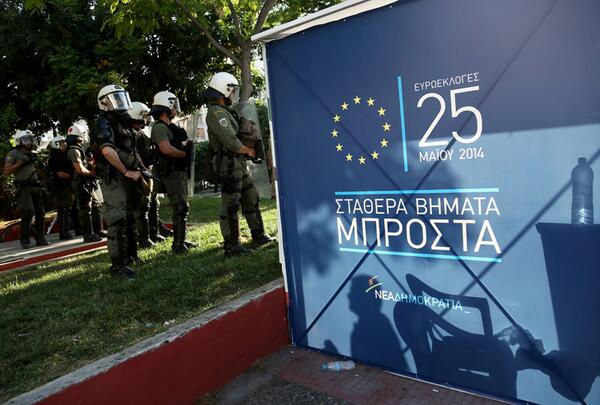

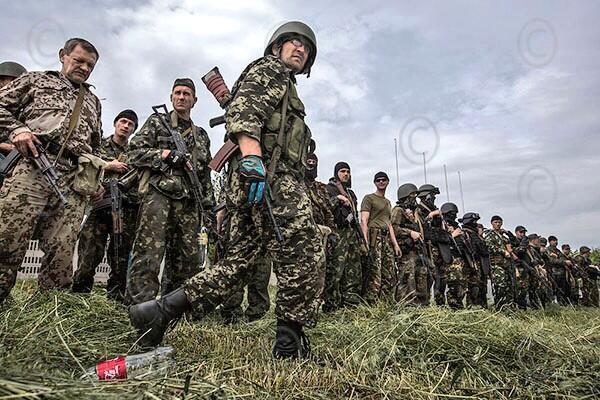
 jina Geysar Gurbanov ja 1 muu
Nina Ivanovna @ninaivanovna 3 min
#LUKoil to open diamond mine in #Arkhangelsk this June, and hopes to sell to #Alrosa. http://www.themoscowtimes.com/article/500750.html … #SPIEF2014δαγκωτό
Ορισμός: 13
Λήμμα: 13
Χαρακτηρισμός της ψήφου, ο οποίος δείχνει ότι η εν λόγω ψήφος (που μόλις ρίξαμε ή θα ρίξουμε στην κάλπη) συνοδεύεται από πάθος! πίστη! όραμα! και τη βαθιά πεποίθηση ότι αυτή τη φορά ψηφίσαμε σωστά. Όχι ως αναποφάσιστοι και «ε, τι να κάνουμε, το μη χείρον βέλτιστον» και «ίδια σκατά είναι ούλοι, ας πετάξω κάτι στην τύχη». Αλλά με αποφασιστικότητα, γηπεδικό φανατισμό και άγριες διαθέσεις. Αργκ!
Μεταφορικά και κατ' επέκταση, χρησιμοποιείται και όποτε θέλουμε να δείξουμε τη φανατική μας προτίμηση σε κάτι, ακόμα και αν δεν έχει καμία σχέση με εκλογές.
Προέλευση:
Πριν καθιερωθούν τα ψηφοδέλτια, όταν το ελληνικό κράτος ήταν νεότευκτο και οι πολίτες ως επί το πλείστον αναλφάβητοι, στις εκλογές υπήρχε μία κάλπη για κάθε υποψήφιο. Αυτές οι κάλπες ήταν κάτι ντενεκέδες, χωρισμένοι εσωτερικά σε δύο τμήματα –ένα για το «ναι» και ένα για το «όχι». Και εξωτερικά, για να φαίνεται, ο μισός ντενεκές ήταν βαμμένος άσπρος και έγραφε ΝΑΙ, κι ο άλλος μισός ήταν βαμμένος μαύρος και έγραφε ΟΧΙ. Είχε κι ένα σωλήνα μπροστά, που εξείχε σαν προβοσκίδα, και μέσα άνοιγε αρκετά ώστε να φτάνει και στα δύο τμήματα.
Οι εκλογείς, αντί να σταυρώνουν τον υποψήφιο της προτίμησής τους ή να γράφουν το όνομά του, έπαιρναν στη χούφτα τους ένα σφαιρίδιο από μολύβι, έχωναν το χέρι στο σωλήνα, και το άφηναν να πέσει είτε στην άσπρη μεριά του ΝΑΙ (αν ήθελαν να υπερψηφίσουν τον υποψήφιο) είτε στη μαύρη μεριά του ΟΧΙ (αν ήθελαν να τον καταψηφίσουν). Και μετά η εφορευτική μετρούσε τα σφαιρίδια σε κάθε μεριά κι έβγαζε αποτέλεσμα.
Όποτε, λοιπόν, οι εκλογείς αισθάνονταν ιδιαίτερα φανατισμένοι με την όλη διαδικασία (και εφόσον τα κόμματα αρχικά ήταν προσωποπαγή και το ρουσφέτι κι η κουμπαριά πηγαίναν σύννεφο, αυτό συνέβαινε πολύ συχνά –μην κοιτάτε τώρα που ξεχειλίζουμε από ήθος), δάγκωναν το σφαιρίδιο πριν το ρίξουν –για να δείξουν την αποφασιστικότητά τους, το πολεμικό τους φρόνημα και το αντριλίκι τους, ατςς. (Οι γυναίκες στην Ελλάδα απέκτησαν δικαίωμα ψήφου μεταπολεμικά).
Από εκεί βγήκε η έκφραση «θα το ρίξω / το έριξα δαγκωτό», η οποία επιβιώνει μέχρι σήμερα, παρ' όλο που τα σφαιρίδια και οι γκαζοντενεκέδες χρησιμοποιήθηκαν για τελευταία φορά το 1920. Από την ίδια διαδικασία έχει μείνει και η έκφραση «θα τον μαυρίσω / τον μαύρισα» (τον υποψήφιο).
Ετυμ. < δαγκώνω < μτγν. δακώνω < αρχ. δάκνω
- Ψωμιάδη δαγκωτό, ρε!!!! Ααααργκ!! Ζήτω ο Ζορρό!!!
- Άει καλά, έχετε ξεφύγει τελείως εσείς εκεί πάνω. Και μετά σάς φταίει το κράτος των Αθηνών.
- Εμείς στο σόι μας, ψηφίζουμε Μαυρογιαλούρο δαγκωτό, κύριε υπουργέ μου! Κι είμαστε και μεγάλο σόι, φτου να μη μας αβασκάνω, τρακόσα ψηφαλάκια μετρημένα, και πενήντα οι διπλοεγγραφές; Τρακόσα πενήντα! Ε, να μη μας διορίσετε κι εσείς το παλικάρι μας τον Αντρέα λιμενοφύλακα στην Άνδρο;
- Θα πάμε για μπύρες ή για ρακές σήμερα;
- Ρακές, φίλε! Δαγκωτό!
jina Geysar Gurbanov ja 1 muu
Nina Ivanovna @ninaivanovna 3 min
#LUKoil to open diamond mine in #Arkhangelsk this June, and hopes to sell to #Alrosa. http://www.themoscowtimes.com/article/500750.html … #SPIEF2014δαγκωτό
Ορισμός: 13
Λήμμα: 13
Χαρακτηρισμός της ψήφου, ο οποίος δείχνει ότι η εν λόγω ψήφος (που μόλις ρίξαμε ή θα ρίξουμε στην κάλπη) συνοδεύεται από πάθος! πίστη! όραμα! και τη βαθιά πεποίθηση ότι αυτή τη φορά ψηφίσαμε σωστά. Όχι ως αναποφάσιστοι και «ε, τι να κάνουμε, το μη χείρον βέλτιστον» και «ίδια σκατά είναι ούλοι, ας πετάξω κάτι στην τύχη». Αλλά με αποφασιστικότητα, γηπεδικό φανατισμό και άγριες διαθέσεις. Αργκ!
Μεταφορικά και κατ' επέκταση, χρησιμοποιείται και όποτε θέλουμε να δείξουμε τη φανατική μας προτίμηση σε κάτι, ακόμα και αν δεν έχει καμία σχέση με εκλογές.
Προέλευση:
Πριν καθιερωθούν τα ψηφοδέλτια, όταν το ελληνικό κράτος ήταν νεότευκτο και οι πολίτες ως επί το πλείστον αναλφάβητοι, στις εκλογές υπήρχε μία κάλπη για κάθε υποψήφιο. Αυτές οι κάλπες ήταν κάτι ντενεκέδες, χωρισμένοι εσωτερικά σε δύο τμήματα –ένα για το «ναι» και ένα για το «όχι». Και εξωτερικά, για να φαίνεται, ο μισός ντενεκές ήταν βαμμένος άσπρος και έγραφε ΝΑΙ, κι ο άλλος μισός ήταν βαμμένος μαύρος και έγραφε ΟΧΙ. Είχε κι ένα σωλήνα μπροστά, που εξείχε σαν προβοσκίδα, και μέσα άνοιγε αρκετά ώστε να φτάνει και στα δύο τμήματα.
Οι εκλογείς, αντί να σταυρώνουν τον υποψήφιο της προτίμησής τους ή να γράφουν το όνομά του, έπαιρναν στη χούφτα τους ένα σφαιρίδιο από μολύβι, έχωναν το χέρι στο σωλήνα, και το άφηναν να πέσει είτε στην άσπρη μεριά του ΝΑΙ (αν ήθελαν να υπερψηφίσουν τον υποψήφιο) είτε στη μαύρη μεριά του ΟΧΙ (αν ήθελαν να τον καταψηφίσουν). Και μετά η εφορευτική μετρούσε τα σφαιρίδια σε κάθε μεριά κι έβγαζε αποτέλεσμα.
Όποτε, λοιπόν, οι εκλογείς αισθάνονταν ιδιαίτερα φανατισμένοι με την όλη διαδικασία (και εφόσον τα κόμματα αρχικά ήταν προσωποπαγή και το ρουσφέτι κι η κουμπαριά πηγαίναν σύννεφο, αυτό συνέβαινε πολύ συχνά –μην κοιτάτε τώρα που ξεχειλίζουμε από ήθος), δάγκωναν το σφαιρίδιο πριν το ρίξουν –για να δείξουν την αποφασιστικότητά τους, το πολεμικό τους φρόνημα και το αντριλίκι τους, ατςς. (Οι γυναίκες στην Ελλάδα απέκτησαν δικαίωμα ψήφου μεταπολεμικά).
Από εκεί βγήκε η έκφραση «θα το ρίξω / το έριξα δαγκωτό», η οποία επιβιώνει μέχρι σήμερα, παρ' όλο που τα σφαιρίδια και οι γκαζοντενεκέδες χρησιμοποιήθηκαν για τελευταία φορά το 1920. Από την ίδια διαδικασία έχει μείνει και η έκφραση «θα τον μαυρίσω / τον μαύρισα» (τον υποψήφιο).
Ετυμ. < δαγκώνω < μτγν. δακώνω < αρχ. δάκνω
- Ψωμιάδη δαγκωτό, ρε!!!! Ααααργκ!! Ζήτω ο Ζορρό!!!
- Άει καλά, έχετε ξεφύγει τελείως εσείς εκεί πάνω. Και μετά σάς φταίει το κράτος των Αθηνών.
- Εμείς στο σόι μας, ψηφίζουμε Μαυρογιαλούρο δαγκωτό, κύριε υπουργέ μου! Κι είμαστε και μεγάλο σόι, φτου να μη μας αβασκάνω, τρακόσα ψηφαλάκια μετρημένα, και πενήντα οι διπλοεγγραφές; Τρακόσα πενήντα! Ε, να μη μας διορίσετε κι εσείς το παλικάρι μας τον Αντρέα λιμενοφύλακα στην Άνδρο;
- Θα πάμε για μπύρες ή για ρακές σήμερα;
- Ρακές, φίλε! Δαγκωτό!
 mo Kivimäki, University of Helsinki, FinlandSeries : Rethinking Asia and International Relations
The annual number of battle deaths from interstate and intra-state conflicts in East Asia has declined by 95% since 1979. During the past three decades, East Asia has been more peaceful than Europe, the Americas or any continent, in terms of battle deaths per capita. When generating theories on peace and war, studies almost never look at the experiences of East Asia. Yet the region by focusing on a commitment to development, is a social reality that is less paranoid, less militaristic and more cooperative. Since 1979 there has been a commonly accepted rule to keep domestic issues domestic so that external military interference, that often caused the majority of battle deaths, was not needed. Thus the emergence of the long peace of East Asia is historically specific, and cannot be generalized by studying objective, material conditions independent of common perceptions and common interpretations. This does not mean that the East Asian experience is not relevant for other regions in the world, but that generalizations should not be attempted to be drawn from the material conditions, but rather from the lived experience and socially constructed realities of East Asia. Since East Asia is a spectacular case of pacification, and since it has not contributed much to our theories of peace and conflict, The Long Peace of East Asia is an important book for studies on peace and war.
Contents: Preface; Aim and concepts; Theoretical premises of the argument; The phenomenon to be explained: the long peace of East Asia; The main argument: the contribution of the ASEAN/Chinese way to the long peace of East Asia; Developmentalism and the prevention of the onset of conflicts; Non-intervention and the prevention of the escalation of conflicts into wars; Face saving and the termination of conflicts; Generation of the successful ASEAN/Chinese approach; Will the long peace survive? How could it be made broader, positive and more sustainable?; What can the East Asian experience offer to theories of international relations, peace and conflicts?; Bibliography; Index.
About the Author: Dr Timo Kivimäki has been professor of the University of Helsinki, Copenhagen and Lapland, and the Director of the Nordic Institute of Asian Studies (University of Copenhagen) and the Institute of Asian Studies (University of Helsinki). He has also been a frequent adviser to the Finnish, Danish, Dutch, Russian, Indonesian and Swedish governments, as well as to several UN and EU organizations on conflict and peace negotiation. Dr Kivimäki’s latest book, Can Peace Research Make Peace? was published by Ashgate in 2012.
Reviews: ‘In one fell swoop, backed by impressive data sets, Professor Timo Kivimaki methodically and empirically destroyed all arguments, and one might add, theoretical pretences about Asian Pacific Way or the ASEAN way. The results are clarity, irrefutability and sheer analytical precision; rather than mere belief in constructivism or culture as the predisposition of the region. Incidents of war are almost non-existent in East Asia. Those who believe that wars in the region are still thinkable have to face these evidences head on.’
Phar Kim Beng, CEO Foundation of Research on Transformation, Malaysia
‘Based on the experience of East Asia, this book develops peace research and political science generally by revealing several weaknesses in the theory of peace. The book is a remarkable and impressive achievement.’
Lang Youxing, Zhejiang University, China
Dr.Timo Kivimäki has a profile page on the University of Helsinki and Calx Proclivia websites and blogs at The Jakarta Post
mo Kivimäki, University of Helsinki, FinlandSeries : Rethinking Asia and International Relations
The annual number of battle deaths from interstate and intra-state conflicts in East Asia has declined by 95% since 1979. During the past three decades, East Asia has been more peaceful than Europe, the Americas or any continent, in terms of battle deaths per capita. When generating theories on peace and war, studies almost never look at the experiences of East Asia. Yet the region by focusing on a commitment to development, is a social reality that is less paranoid, less militaristic and more cooperative. Since 1979 there has been a commonly accepted rule to keep domestic issues domestic so that external military interference, that often caused the majority of battle deaths, was not needed. Thus the emergence of the long peace of East Asia is historically specific, and cannot be generalized by studying objective, material conditions independent of common perceptions and common interpretations. This does not mean that the East Asian experience is not relevant for other regions in the world, but that generalizations should not be attempted to be drawn from the material conditions, but rather from the lived experience and socially constructed realities of East Asia. Since East Asia is a spectacular case of pacification, and since it has not contributed much to our theories of peace and conflict, The Long Peace of East Asia is an important book for studies on peace and war.
Contents: Preface; Aim and concepts; Theoretical premises of the argument; The phenomenon to be explained: the long peace of East Asia; The main argument: the contribution of the ASEAN/Chinese way to the long peace of East Asia; Developmentalism and the prevention of the onset of conflicts; Non-intervention and the prevention of the escalation of conflicts into wars; Face saving and the termination of conflicts; Generation of the successful ASEAN/Chinese approach; Will the long peace survive? How could it be made broader, positive and more sustainable?; What can the East Asian experience offer to theories of international relations, peace and conflicts?; Bibliography; Index.
About the Author: Dr Timo Kivimäki has been professor of the University of Helsinki, Copenhagen and Lapland, and the Director of the Nordic Institute of Asian Studies (University of Copenhagen) and the Institute of Asian Studies (University of Helsinki). He has also been a frequent adviser to the Finnish, Danish, Dutch, Russian, Indonesian and Swedish governments, as well as to several UN and EU organizations on conflict and peace negotiation. Dr Kivimäki’s latest book, Can Peace Research Make Peace? was published by Ashgate in 2012.
Reviews: ‘In one fell swoop, backed by impressive data sets, Professor Timo Kivimaki methodically and empirically destroyed all arguments, and one might add, theoretical pretences about Asian Pacific Way or the ASEAN way. The results are clarity, irrefutability and sheer analytical precision; rather than mere belief in constructivism or culture as the predisposition of the region. Incidents of war are almost non-existent in East Asia. Those who believe that wars in the region are still thinkable have to face these evidences head on.’
Phar Kim Beng, CEO Foundation of Research on Transformation, Malaysia
‘Based on the experience of East Asia, this book develops peace research and political science generally by revealing several weaknesses in the theory of peace. The book is a remarkable and impressive achievement.’
Lang Youxing, Zhejiang University, China
Dr.Timo Kivimäki has a profile page on the University of Helsinki and Calx Proclivia websites and blogs at The Jakarta Post